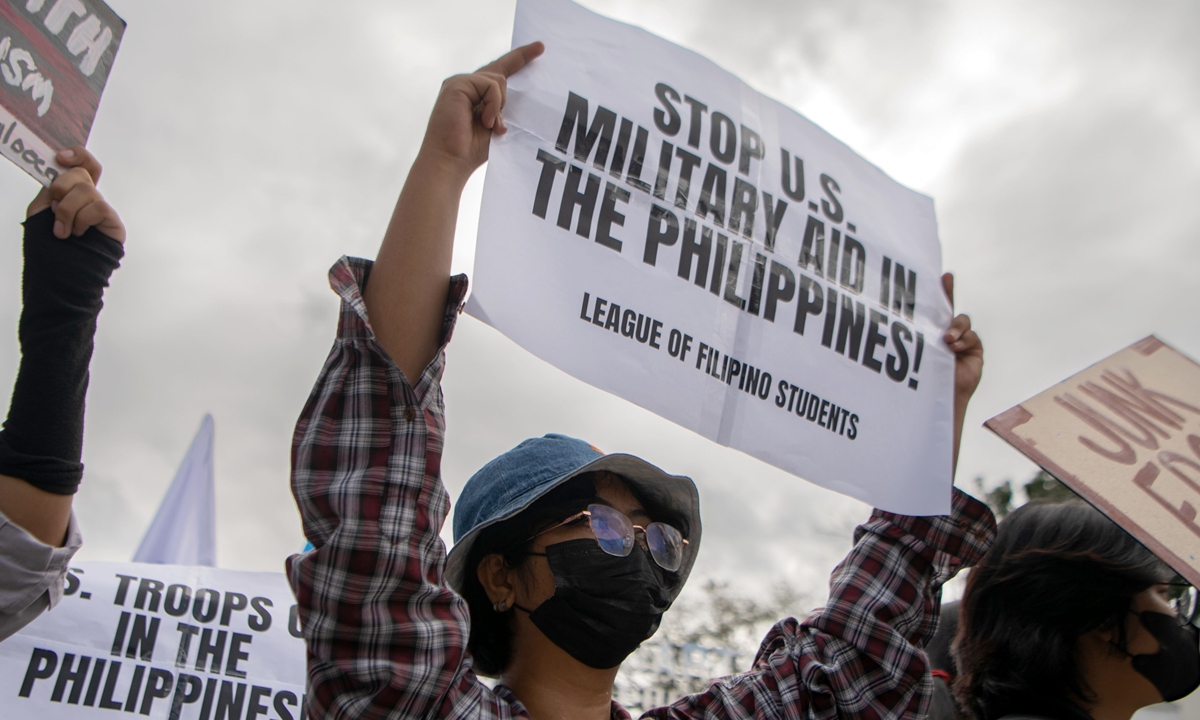We, the concerned citizens of Malaysia, are deeply alarmed and heartbroken by the recent horrifying incidents in our schools — a rape case and a murder case within the very institutions meant to nurture and protect our children.
These tragedies are not isolated incidents. They are a clear sign that discipline, respect, and moral values have collapsed in our education system. The situation has become unbearable.
ENOUGH IS ENOUGH!
Our schools, once places of learning and safety, have now become breeding grounds for violence, disrespect, and chaos. It is time for strong and decisive action to restore order, discipline, and integrity in our education system.
OUR DEMANDS ARE AS FOLLOWS:
Immediate Resignation of the Education Minister, YB Fadhlina Sidek.

Her tidak apa attitude and failure to take firm, moral, and responsible leadership in the face of such serious incidents have destroyed public trust.
2. Restore Full Disciplinary Authority to Teachers.
Teachers must be empowered once again to maintain order without fear of backlash.
3. Reinstate Caning as a Disciplinary Measure.
For male students: caning on the buttocks.
For female students: caning on the palm.
Proper discipline builds respect, responsibility, and accountability.
4. Prohibit Parental Interference in Disciplinary Matters.
Parents must not question or challenge the methods teachers use to maintain discipline in schools.
5. Immediate Expulsion of Problematic Students.
Students who continuously disrupt or endanger others should be expelled immediately, without suspension or repeated warnings.
6. Parents Opposed to These Measures Should Homeschool Their Children.
Those unwilling to accept the return of discipline should take personal responsibility for their children’s education.
7. Reinstate UPSR and PMR Examinations.
Relates posts:
Indonesian defense minister says country set to acquire J-10 fighter jets from China, declines to provide details: media
YAB Dato’ Seri, the time has come for bold and courageous reform. Our teachers are powerless, our students are without fear of consequence, and our schools are no longer sanctuaries of learning.
We urge your immediate intervention to restore discipline, order, and moral strength in our education system — before more innocent lives are destroyed.
For the sake of our children. For the future of Malaysia.
Respectfully,
Concerned Citizens of Malaysia
#perdanamenterimalaysia
#PerdanaMenteri
#menteripendidikan
#kementerianpendidikanmalaysia
COPY AND PASTE ON YOUR WALL AND SHARE IF YOU ARE A CONCERNED PARENT.
Relates posts:










